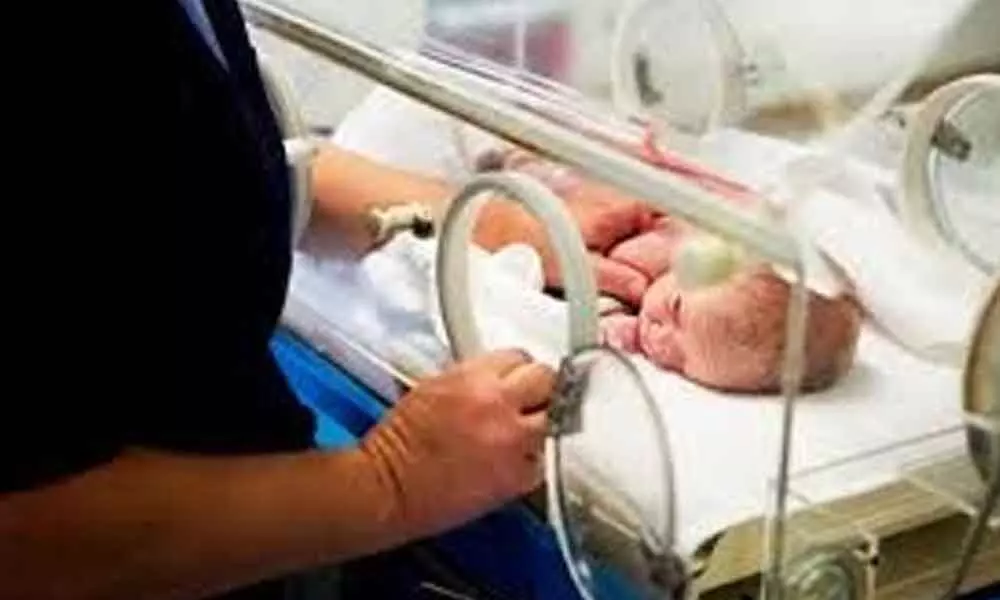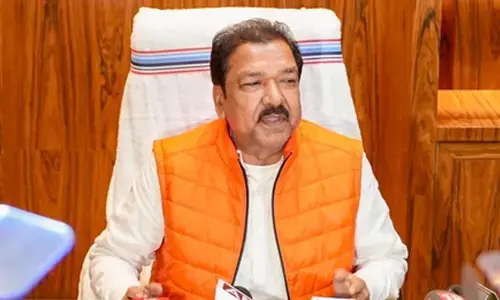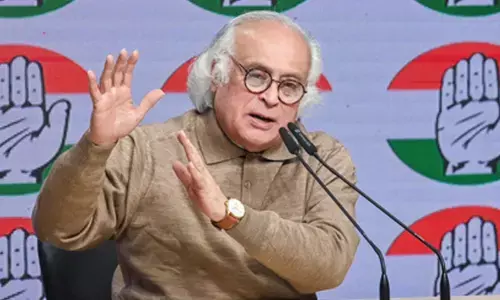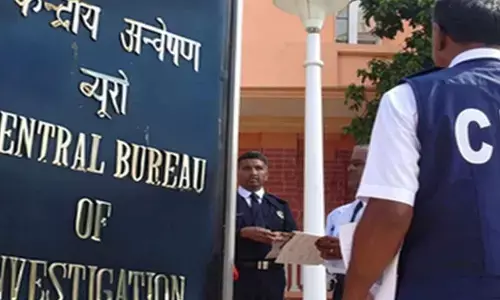ART Regulation Bill – A Beacon Light of Hope

Representational Image
No sooner was the ART (Assisted Reproductive Technology) Regulation Bill introduced by the Union Minister of Health on Tuesday in the Parliament, than the house reverberated to praise and concerns alike
No sooner was the ART (Assisted Reproductive Technology) Regulation Bill introduced by the Union Minister of Health on Tuesday in the Parliament, than the house reverberated to praise and concerns alike. While some from the opposition openly acknowledged the necessity of the bill others opposed it vociferously. But after a high decibel discussion laden heavily with medical terminology the bill was passed.
So what is ART?
Assisted Reproductive Technology is about helping 'childless' couples realize their dream of having children thru medical assistance. It includes all techniques that seek to ensure pregnancy by handling the sperm outside the human body and transferring the gamete (sperm or egg) into the reproductive system of a woman.
Need for regulation
It is estimated that around 2.8 crore couples in the reproductive age group in India are infertile. Of the people seeking remedy for infertility, 20-25% undergo in vitro fertilization treatment. Needless to say the Assisted Reproductive Technology (ART) practice has grown rapidly in the last few years and India has registered the highest growth in the ART centres and the number of ART cycles performed every year.
Over the years, India evolved into a major 'Hub' of this global fertility industry with reproductive medical tourism becoming a significant activity. Clinics in India offer nearly all the ART services—gamete donation, intrauterine insemination (IUI), In-vitro fertilization (IVF), Intracytoplasmic sperm injection (ICSI), Pre-implantation Genetic Testing (PGT) and gestational surrogacy.
The reproductive segment of the Indian medical tourism market is valued at more than $450 million a year and was forecast by the ICMR to be a six billion dollar a year market in 2008. India's fertility industry in is an integral part of the country's growing medical tourism industry, which experienced 30% growth in 2000 and 15% growth between 2005 and 2010. Such frenetic growth entailed many legal & ethical issues due to excessive commercialization and lack of standardized protocols. As there were only guidelines of ART, and but no law existed to address medical, ethical and legal aspects of ARTs. India needed to 'regulate' ART practice. A monitoring mechanism to prohibit unbridled commercialization and rampant 'rent a womb' business where vulnerable women became victims.
Bill Seeking Regulation introduced in 2020
As a response to this need and urgency, the ART Regulation Bill was introduced in Lok Sabha on 14th September 2020. On 3rd October, it was referred to parliamentary standing committee on Health and Family Welfare. The Committee had extensive consultations with wide stakeholder group and submitted its report on the 19th March 2021 to Rajya Sabha.
On 14th August 2021, the official amendments to the Assisted Reproductive Technology (Regulation) Bill were approved by the Cabinet.
The bill seeks to regulate the ART services by preventing commercialisation & protecting women from exploitation, ensuring rights of all those involved. Most importantly the proposed legislation aligns with the medical termination Pregnancy ACT and the PCPNDT Act (Pre-conception & Pre natal diagnostic techniques act 1994). It also supplements the Surrogacy Regulation Bill 2020 passed by the Lok Sabha.
On Tuesday, some members of Lok Sabha aired their concerns and demanded amendments to the proposed bill. Concerns on 'affordability of treatment, privacy of data, accommodating LGBT community, single women, National & State Boards composition, safeguarding rights of Donor, Woman and the Child, providing Insurance, creating world class facilities with the help of qualified medical experts at ART centers were all agreed to by the minister. The concerns expressed by a member about the bill being patriarchal and has the potential to promote eugenics were but ignored by the house at large.
As the subject itself is highly complex with different countries adopting various methods suited to them based on their cultural ethno demographic trends & fertility rates Indian ART Bill remained centered on issues specific to our country. This path-breaking bill not only safeguards women's reproductive rights and a child's genealogy, but also demonstrates that India is agile enough to align with the fast-changing world, the social context and technological advances. By passing the Assisted Reproductive Technology (Regulation) Bill, 2020, India proves yet again that the country is indeed future ready.
(The writer is National In-charge for Policy & Research, Women Wing, BJP, and President, Futuristic Cities)















